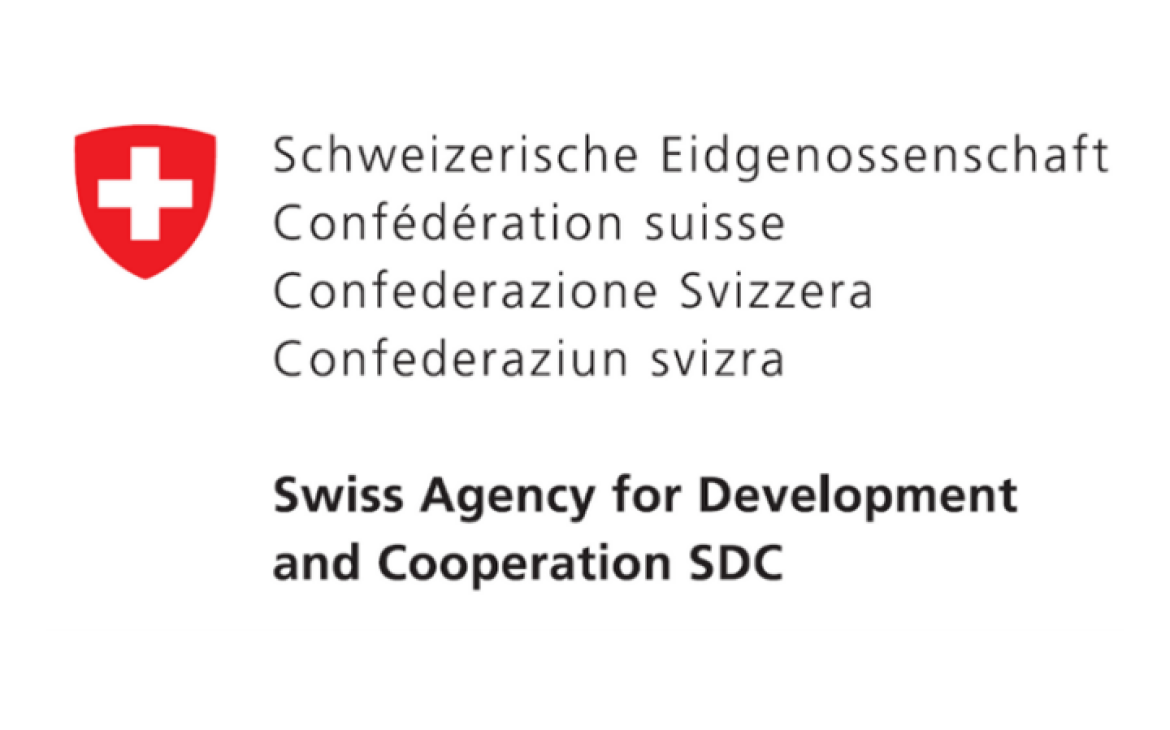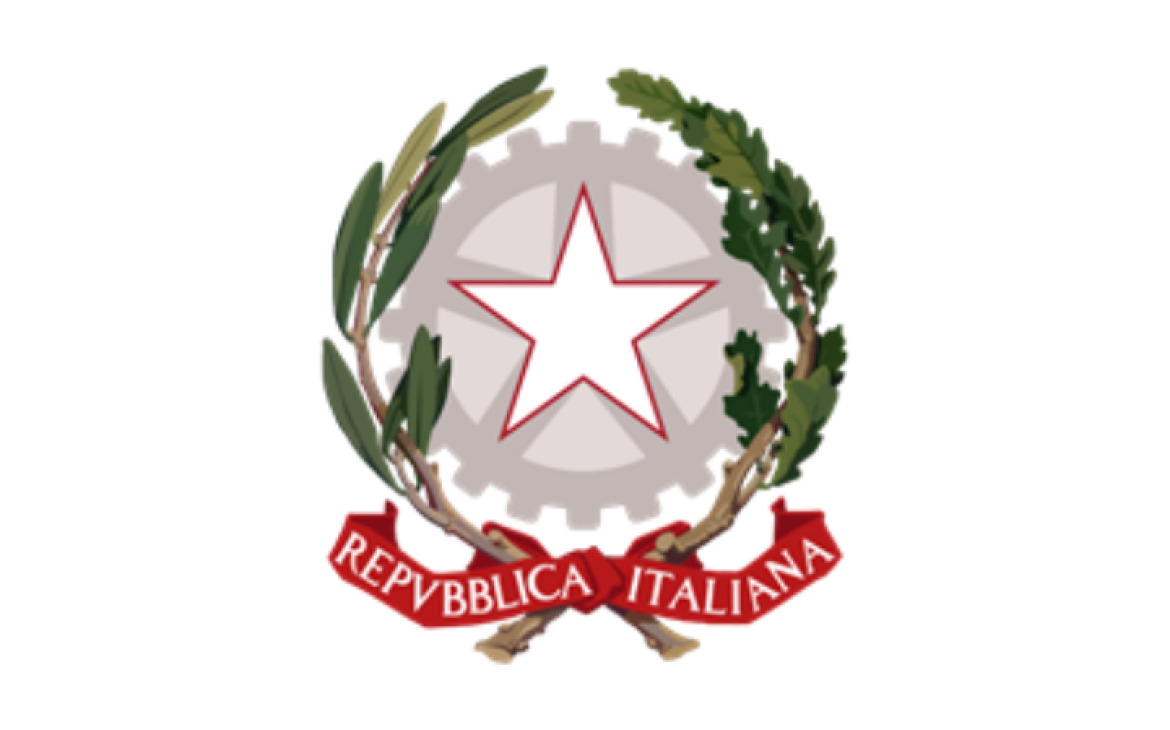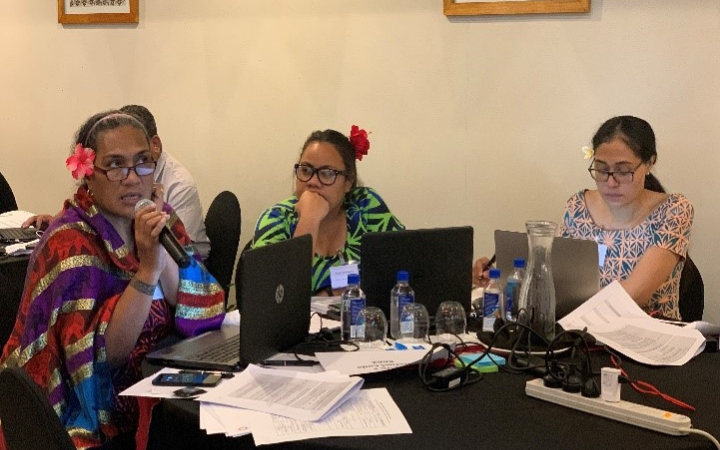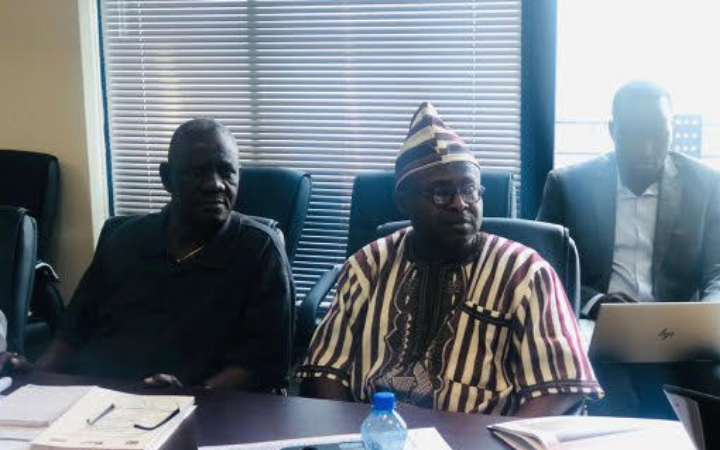National ownership to monitor and achieve the SDGs is at the heart of the 2030 Agenda. However, many National Statistical Offices (NSOs) face challenges in monitoring and reviewing the implementation of the SDGs. These challenges include the complexity of measuring certain problems and building relevant indicators, limited statistical capacity to monitor identified indicators, the lack of tools to facilitate the use of available information, and coordination difficulties experienced by stakeholders in producing, storing, and using the data, to name just a few. The United Nations Institute for Training and Research (UNITAR), and implementing partners 1 have developed knowledge products and services to strengthen the technical skills of government officers to fill the gaps in data quality and availability of the SDG indicators. Several projects have been designed and implemented by UNITAR’s Strategic Implementation of Agenda 2030 Unit. The projects comprise diverse learning-related activities to support SDG implementation, such as face-to-face learning sessions and capacity-building and action planning workshops, web-based training tools, e-learning conferences, and (e-learning) online courses. In this Impact Story, we review two events aimed at strengthening statistical capacities and providing solutions to the challenges of monitoring and implementing the SDGs through the StaTact tool. In 2018, UNITAR and the UN Statistics Division (UNSD) launched the StaTact data tool (with a web-based version in March 2019) to improve data availability, data literacy, and data use for the 2030 Agenda. Regional StaTact workshops were conducted in 2018, including the event entitled “Governance of Data Ecosystems for SDGs” in Addis Ababa. Later, national pilot trainings using the web-based StaTact version were developed in Grenada and Uganda in 2019. Moreover, several training sessions were delivered in Small Island Developing States (SIDS) in the Asia-Pacific region under the project “Data for the 2030 Agenda- Strengthening the Capacities of Small Island Developing States in the Asia-Pacific Region to Monitor Progress on the Sustainable Development Goals and Inform Related Policy-Making”. Level 3 evaluations were carried out at least six months after the training course using surveys and semi-structured interviews. The results indicate that most of the participants have been able to apply the knowledge and skills gained from the workshops to generate changes in the workplace. The results from the project, “Data for the 2030 Agenda”, in SIDS countries show that 71 per cent of the respondents had applied specific knowledge and skills from data governance and monitoring workshops. Moreover, 9 out of 10 countries have seen institutional changes related to the improvement of processes of monitoring and reporting on the SDGs as a result of the application of knowledge or skills by participants and the implementation of the action plans 2. To better understand the potential changes experienced by beneficiaries, this Impact Story builds upon the experiences of two participants of the StaTact regional workshops in Ethiopia and Fiji, funded by the Swiss Development Cooperation and the Government of Italy, respectively.
(1) UNITAR has coordinated events to support SDG monitoring and implementation with UNSD, UNDESA, DPIDG, ECLAC, DSDG, UNSD, SPC, ESCAP, WHO, UN Women, SIDS, The World Bank, IMF – PFTAC, amongst others.
(2) Final report, Data for the 2030 Agenda, 2019.
Ms. Aliimuamua Malaefono
Ms. Aliimuamua Malaefono
Chief Statistician – Samoa Bureau of Statistics
Improving data quality in National Statistical Offices
Samoa Bureau of Statistics, 2019. We were fortunate enough to talk to Ms. Malaefono, the Samoan Chief Statistician. Ms. Malaefono joined the Samoa Bureau of Statistics in 1999 as the Manager of the Census and Survey Operations Unit. She has worked for the Bureau for 19 years and finally became the Government/Chief Statistician in January 2018, overseeing eight technical units.
The office has grown from about 40 employees to 90 employees, all with diverse technical expertise. Having worked at the Bureau for a long time, she was aware of the data gaps within the national statistical system. The data usually included missing indicators or was of poor statistical quality, the main reasons for which were limited technical expertise within the various divisions and Ministries, and the lack of alignment between the data needs of the statistics office and policymakers. Hence, when she was approached by UNITAR to take part in workshops to address these gaps, she quickly came on board. Ms. Malaefono took part in both training workshops offered by UNITAR in Fiji. The focus of these courses was to address the data needs’ gaps and strengthen the statistical capacity of statistical offices.
Ms. Malaefono was very enthusiastic about the contribution the training course had to her skills development. She described how she learned about the short-term approaches to data planning, how to extend short-term planning into a strategic framework, and about multi-stakeholder engagement for addressing data challenges (incl. data producer-data user), the importance of disaggregated data for SDG decision-making and action planning. Ms. Malaefono also shared Samoa’s experience developing home-grown indicator frameworks to follow up progress on the SDGs.
When she returned to Samoa, Ms. Malaefono quickly applied the skills she had learned. She contributed to the development of an action plan to tackle the use of unreliable administrative data from various agencies. She shared skills on how to improve their offices’ existing SDG data framework and organised a meeting between statisticians and policymakers to share the skills she had acquired during the course. During these meetings, she also encouraged everyone to work together, thereby improving the use of statistics and trust between the two entities. She later presented the upgraded SDG data framework that she had worked on with her team. She also strengthened the collaboration between her office and other Ministries. All this was possible thanks to the support she received from her colleagues and the existence of systems and processes at the Bureau where she could use her newly acquired skills.
The application of these skills has improved the functioning of the Samoan statistical office. Ms. Malaefono indicated that 25 per cent of the application could be attributed to the training courses she attended. They are now able to plan for surveys, ensuring that there is enough staff and Ms. Aliimuamua Malaefono, Chief Statistician – Samoa Bureau of Statistics Improving data quality in National Statistical Offices sufficient budget to produce high-quality data. The importance of using international methodologies and following statistical guidelines is now better understood by colleagues from different departments and Ministries, which enables the use of administrative data when data collection in the field is not feasible.
Ms. Malaefono also acquired new skills in her capacity as Government Statistician. She learned how to analyse data using StaTact, an application that was used during one of the workshops she attended. As a result of the training programme, her confidence levels have improved. She can now confidently stand in front of parliament or cabinet and relay the findings from her office as she is assured of the reliability and quality of the data collected using international methodologies. Policymakers are now aware of the importance of the work the Bureau does and are more open to discussing their data needs and funding requirements.
Mr. Ibrahim M. Sesay
Mr. Ibrahim M. Sesay
Chief Technical Adviser, Census at UNFPA, Liberia Country Office
Building partnerships for national development
Liberia, 2018. Mr. Sesay participated in the Regional StaTact workshop “Governance of data ecosystems for SDGs” in 2018 in Addis Ababa, Ethiopia. In attending this course, he expected to learn new tools to assess and use data from national statistics. The workshop was dedicated to tackling one national measurement problem to illustrate how the StaTact methodology can be used to solve local data needs. The Liberia team dealt with the issue of maternal mortality statistics in their country. Ultimately, the team developed a national plan to improve maternal mortality data, which was later implemented, making the topic a top priority for vital statistical information. Before the workshop, data on maternal mortality were only partially collected, and the issue was highly stigmatized. Now, members of the Liberia delegation at the workshop have been instrumental in getting the authorities to set up a Maternal Neonatal Death Surveillance and Response (MNDSR) plan, and the maternal death review has become a national reportable event. Mr. Sesay attributes this success to the primary elements they studied during the Building Partnerships workshop.
Mr. Sesay had always considered building partnerships to be a good thing, but he realized that his definition was narrow until he participated in the workshop. Now, his understanding of partnerships includes not only “traditional” actors (i.e., government institutions and international organizations) but also all other players can be natural partners as well, including village communities, local government, private corporations, the media, independent consultants, and so on and so forth. Before the workshop, he would not have imagined working with telecommunications companies and private TV stations to tackle development plans and collect data. He notes that his idea of resource mobilization was also limited. Before, he would always approach donors for financial support; now he understands that some donors may not be able to contribute monetarily, but many can provide alternative resources, which are just as valuable. For Mr. Sesay, greater involvement in data production from a variety of different actors might result in higher levels of trust in the data produced, and hence, lead to more actors using the data.
After the workshop, Mr. Sesay returned home with the idea of creating a national data ecosystem in Liberia, where they can unite government, data users, and producers together with nontraditional data source representatives, such as CSOs and the private sector. He believes that information should be available to everyone who needs it. With this idea in mind, the UNFPA team in Liberia sees the DHS and national census data collection processes as an opportunity to apply the knowledge they learned during the workshop and as a way of getting everybody around the table. Another change in day-to-day working practices was the strengthening of existing partnerships to simplify Computer-Assisted Personal Interviews (CAPI) data collection tools and make them more user-friendly. When we talked with Mr. Sesay, the organization was building alliances with telephone companies to improve data storage from surveys and the coming census in remote areas. Mr. Sesay identifies his own personal motivation and confidence, as well ast he Mr. Ibrahim M. Sesay, Chief Technical Adviser, Census at UNFPA, Liberia Country Office, Building partnerships for national development support from his supervisor and team as the key factors that enabled him to apply the knowledge gained during the workshop. He feels proud of being part of the team that is making a change.
In Mr. Sesay’s words,
Data is a type of software for national development, you do not immediately see its value, but it contributes to different sectors of national development.
He told us that in UNFPA Liberia, they foresee development planning based on an informed fundamental background, then people do not just do planning and programme implementation because they want to, they are informed by solid data and information. This process facilitates the identification of the country’s needs and, based on the data, enables us to make informed decisions.
For Mr. Sesay, data is a public good that needs to be generated and shared collectively. It should come from everybody and be accessible to everyone. In December 2019, his team was in the process of conducting a pilot of the national data ecosystem project, for which they organized preliminary training with support from the World Bank. Additionally, when we spoke in January 2020, a project on improving data regarding gender-based violence was underway. Mr. Sesay suggests expanding the coverage of the workshops to neighbouring countries and increasing the number of online workshops for people who cannot travel, as he sees a lot of value in the programme.
In our most recent exchange with Mr. Sesay, he told us about the ongoing census programme at UNFPA and their plans to use the StaTact platform.:
With the ongoing census programme at UNFPA, in 2021, motivated by the desire to create a common platform for data producers and users and as the Chief Technical Adviser for the Census, UNFPA has moved the Liberia Institute of Statistics and GeoInformation Services (LISGIS) from physical servers to cloud technology for data storage and sharing, and satellite imagery for census mapping. With these capabilities, Liberia will conduct the first 100%digital census in Africa in March 2022. We will be using the StaTact workshop tools to further evaluate the current data ecology and to identify the weaknesses, strengths, opportunities, and threats to our new integrated digital data system.
Conclusion
Although the events generate different results for participants as a group, it is clear from the interviews that they have created changes in behaviour both at the individual level and at the organisational level. At the individual level, participants have enhanced their technical capabilities and have been able to apply and transfer the knowledge and skills learned. At the organisational level, the statistical offices have incorporated inputs from the programme into their operations and plans, which have created positive outcomes in both cases reviewed. Furthermore, the StaTact methodlogy that has been transformed into an online application for National Statistical Systems (available for use by all NSOs at statact.unitar.org) in the meantime, has enabled the development of operational action plans to tackle local data issues in a participatory manner.
Mapping the specific needs of the NSO before the course possibly influenced the positive outcome and follow-up of action plans, and guaranteed that the workshops were relevant to the participants’ needs, as illustrated in the case of Liberia. Targeting pertinent stakeholders, (data users and producers), could also possibly assure a higher application and transfer of knowledge





